By: Dr. Elizaabeth Eggert
While anyone can experience dry mouth, it’s one of the most common side effects of diabetes I and II. Dry mouth, or xerostomia, is an uncomfortable condition in which your body under-produces saliva, leaving your mouth feeling dry, rough, sticky, and just plain uncomfortable.
As we expanded on in a recent blog, saliva is extremely beneficial for your dental health. Since dry mouth is a reduction in the amount of saliva produced in your mouth, this condition can wreak havoc with your oral health.
But here’s the good news: dry mouth is a completely manageable condition that can be managed with at-home techniques, or treated here at Eggert Family Dentistry. But first, let’s explore the connection between dry mouth and diabetes.
Why Does Diabetes Cause Dry Mouth?
The two most common causes of dry mouth in people with diabetes are high blood sugar and the side effects of diabetes medications.
High Blood Sugar:
High blood sugar, or hyperglycemia, is a common side effect of diabetes that isn’t well managed. While healthcare providers aren’t quite sure why high blood sugar causes dry mouth, chronic dry mouth is often the first noticeable symptom that someone with diabetes experiences.
Diabetes Medications:
Side effects of certain diabetes medications, including Metformin, include dry mouth. ACE (angiotensin-converting enzyme) inhibitors, which are used to treat hypertension and diabetes, can also cause dry mouth.
Symptoms of dry mouth include:
- Bad breath
- Burning feeling in the mouth
- Difficulty eating, chewing, swallowing, or speaking
- Dry, cracked lips
- Mouth that feels dry nearly all the time
- Sores or infections in the mouth
- Tongue that feels rough and dry
If you experience these symptoms consistently, be sure to schedule an appointment with your healthcare provider to make sure it isn’t a sign of another underlying condition. If your case of dry mouth is diabetes-related, you’ll be happy to know that it’s manageable at home and in our office!
How to Manage Dry Mouth With Diabetes
Everyone has different advice on how to manage dry mouth when you have diabetes, but all advice follows the same thread:
1.) Make sure you’re hitting your targets
2.) Take steps to moisten your mouth and encourage saliva production.
Here are some at-home remedies for managing dry mouth:
- Manage your blood sugar levels.
- Avoid salty, spicy, or sugary drinks and foods.
- Stay hydrated by drinking water throughout the day.
- Avoid caffeine, which can dry out your mouth.
- Chew gum or suck on hard candies that do not contain sugar.
- Do not use tobacco.
- Limit alcohol consumption.
- Use alcohol-free mouthwash.
- Use lip balm (to manage chapped lips).
- Use a humidifier while you sleep at night.
To manage the effects of dry mouth on your dental health, brush your teeth at least twice a day with fluoride toothpaste and floss regularly. Because dry mouth accelerates the process of tooth decay and gum disease, you want to be extra vigilant when it comes to taking care of your teeth!
How Eggert Family Dentistry Can Help
For patients with severe dry mouth, Dr. Jeff and Dr. Elizabeth can prescribe medications that stimulate saliva production, such as pilocarpine (Salagen) or cevimeline (Evoxac).
With the right medications and at-home management, dry mouth can be a thing of the past! Let Dr. Elizabeth and Dr. Jeff be your partner in managing the effects of diabetes on your dental health. Contact us or call us at 651.482.8412 to schedule an appointment today!

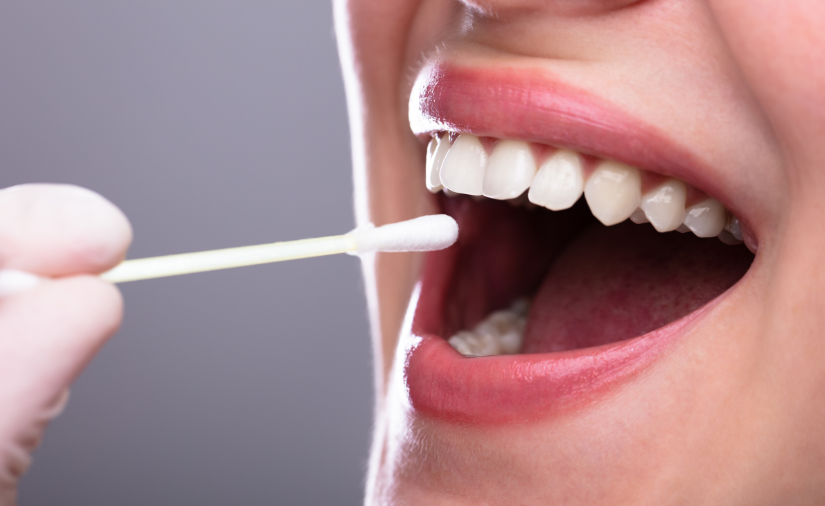

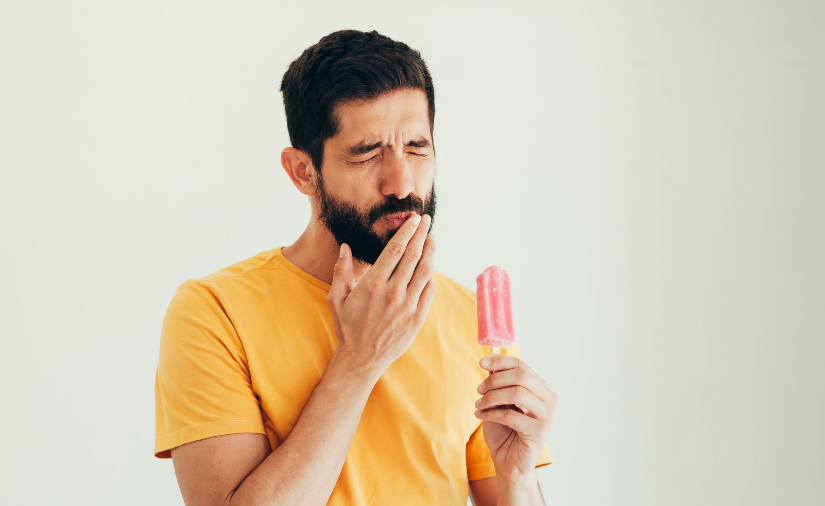




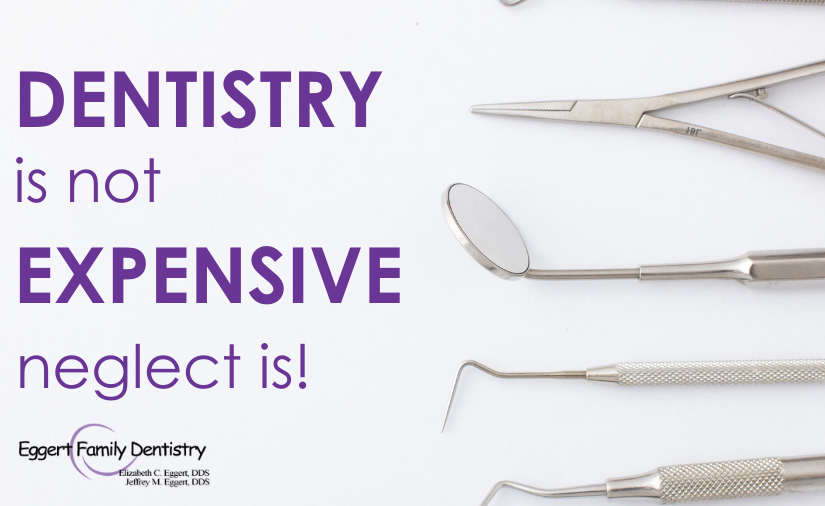
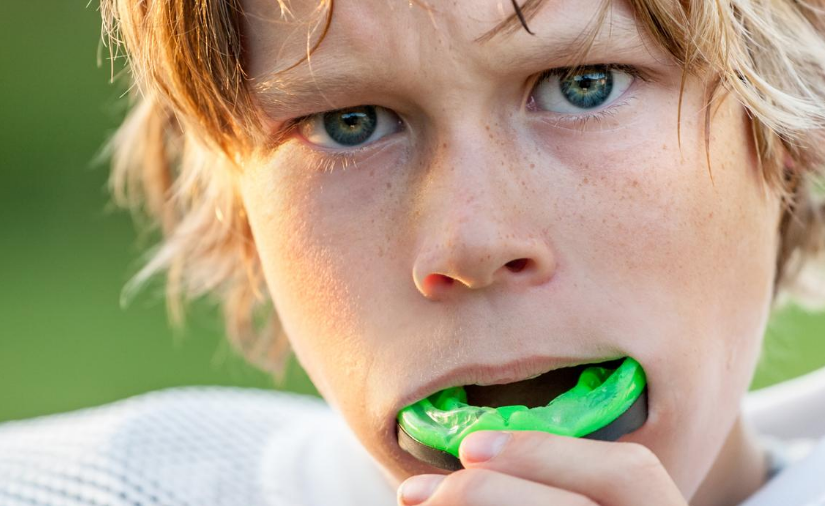

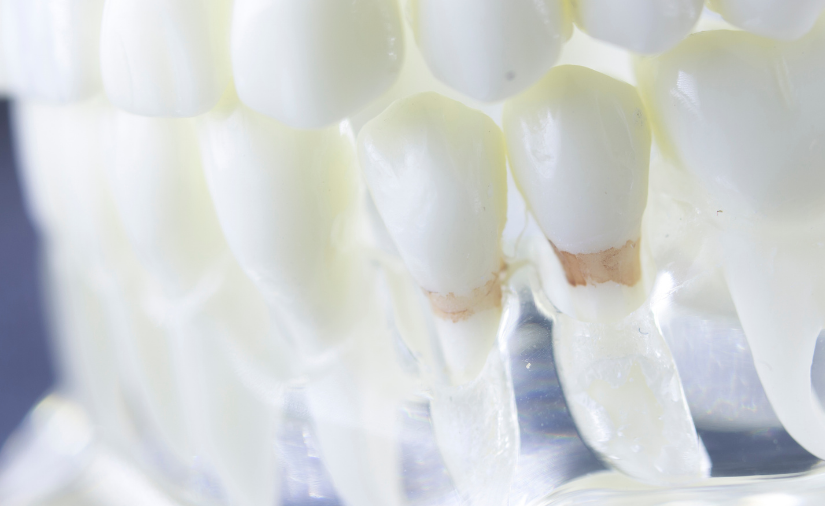
 There are a few primary ways you can keep plaque from getting the best of you (and your mouth)!
There are a few primary ways you can keep plaque from getting the best of you (and your mouth)!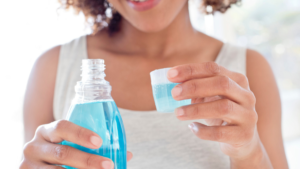 Swish with mouthwash. It’s easy to brush and floss but not take the process any further. When you swish with fluoridated mouthwash afterward, you dislodge any residual food particles. Plus, the
Swish with mouthwash. It’s easy to brush and floss but not take the process any further. When you swish with fluoridated mouthwash afterward, you dislodge any residual food particles. Plus, the 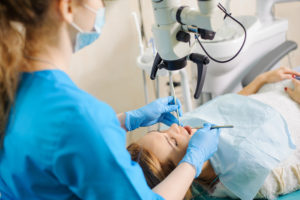 Reducing sugars in your diet in addition to stepping up your oral hygiene game can combat plaque buildup before it becomes a bigger problem. A thorough polishing by one of our hygienists during your recare visit will also help reduce plaque on and in between your teeth.
Reducing sugars in your diet in addition to stepping up your oral hygiene game can combat plaque buildup before it becomes a bigger problem. A thorough polishing by one of our hygienists during your recare visit will also help reduce plaque on and in between your teeth.